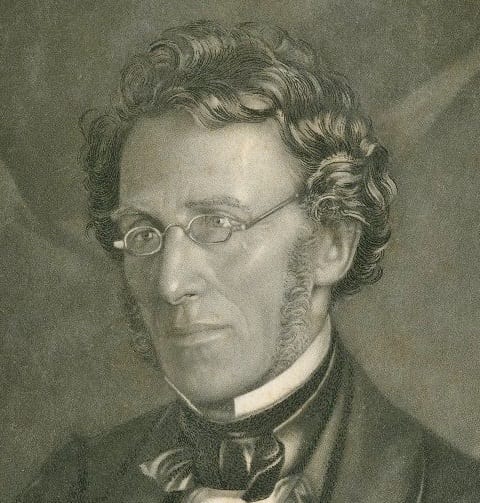
The pro-abortion camp is saying that evangelical Christians used to support abortion, so that there is no reason they should oppose it now, other than their “racist” attempt to gain power by allying with conservatives during the 1970s.
It’s true that at one point the Southern Baptists passed a resolution in support of abortion. But that was an aberration–quickly reversed–from a consistent pro-life position from the very beginnings of Christianity, through the Middle Ages, through the Reformation, through the early modern period, through the 19th century, through the 20th century, and up until today. Not just Catholics but Protestants of every description–including most emphatically evangelicals–have always been pro-life.
So demonstrates Joseph S. Laughon, a graduate of Concordia University Irvine (I’m proud to say), in his article The History of American Evangelicals’ Opposition to Abortion Is Long.
Drawing on my former colleague Marvin Olasky’s book Abortion Rites: A Social History of Abortion in America, Laughon starts with the Didache, a collection of Christian teachings dated 70 A.D.–during the lifetime of Jesus’ first followers–which says, “You shall not procure [an] abortion, nor destroy a newborn child” [Didache 2:1–2 (a.d. 70)]. He cites sources from Puritans and from the Colonial days. As for “evangelicals,” as such, Laughon begins with their earliest days:
The true Evangelical history of pro-life advocacy picks up in the early 19th century just as the identity of American Evangelicals was becoming distinct from their Puritan and Presbyterian roots. Olasky notes that, owing to urbanization and industrialization, abortion slowly became more common in the United States.
In response, an alliance of Evangelical doctors, journalists, and reformers pressed for harsher laws to combat what they saw as sinful violence stemming from even more sinful exploitation in the form of prostitution and male abandonment. In the medical field, Dr. Hugh Hodge, brother to the famous Evangelical leader Charles Hodge, instructed his students that the unborn child is “an independent being.” His contemporary, Dr Stephen Tracy, a noted medical doctor and Evangelical missionary to Asia, forcefully taught that “the life of this new human being is sacred and no one but God himself . . . has the right to take it away.” By the mid 19th century, Evangelicals were already forming pro-life rhetoric in a way that is recognizable to this day.
Then as now, the pro-life movement took on an ecumenical tone. Olasky outlines how Congregationalists, Methodists, Presbyterians, Baptists, Episcopalians, and Roman Catholics joined efforts in their cities to abolish “the present scandal” just as they had “rid ourselves of the blight of . . . slavery.” Far from being an invention of the late 20th century, pro-life politics got its start in the Evangelical moral crusades of the early 19th century.
Olasky does outline a slow decline of moral fervor by the late 19th century. The trend continued most notably in urban Protestantism by the 20th century. It is in this theological environment that the Southern Baptist Convention started to take a more lenient stand on abortion. Baptist historian H. Leon McBeth noted that early on the SBC had been “more functional than theological” in its identity. From the 1920s to the 1990s, the SBC was riven with conflict between modernists and conservatives on a variety of issues, including abortion. While some portray the SBC at this time as a placidly pro-choice church, in reality, it was a hotbed of argument, dissension, and heated debate. By the 1970s though the tide had already been turned in wider American Evangelicalism. In 1971, two years before Roe, the National Alliance of Evangelicals condemned abortion. Far from an innovation of the 1970s, the conservative turn on abortion among Baptists represented a restoration of the older Evangelical, Protestant stance.
Photo of Hugh Lenox Lodge (1846), public domain.












